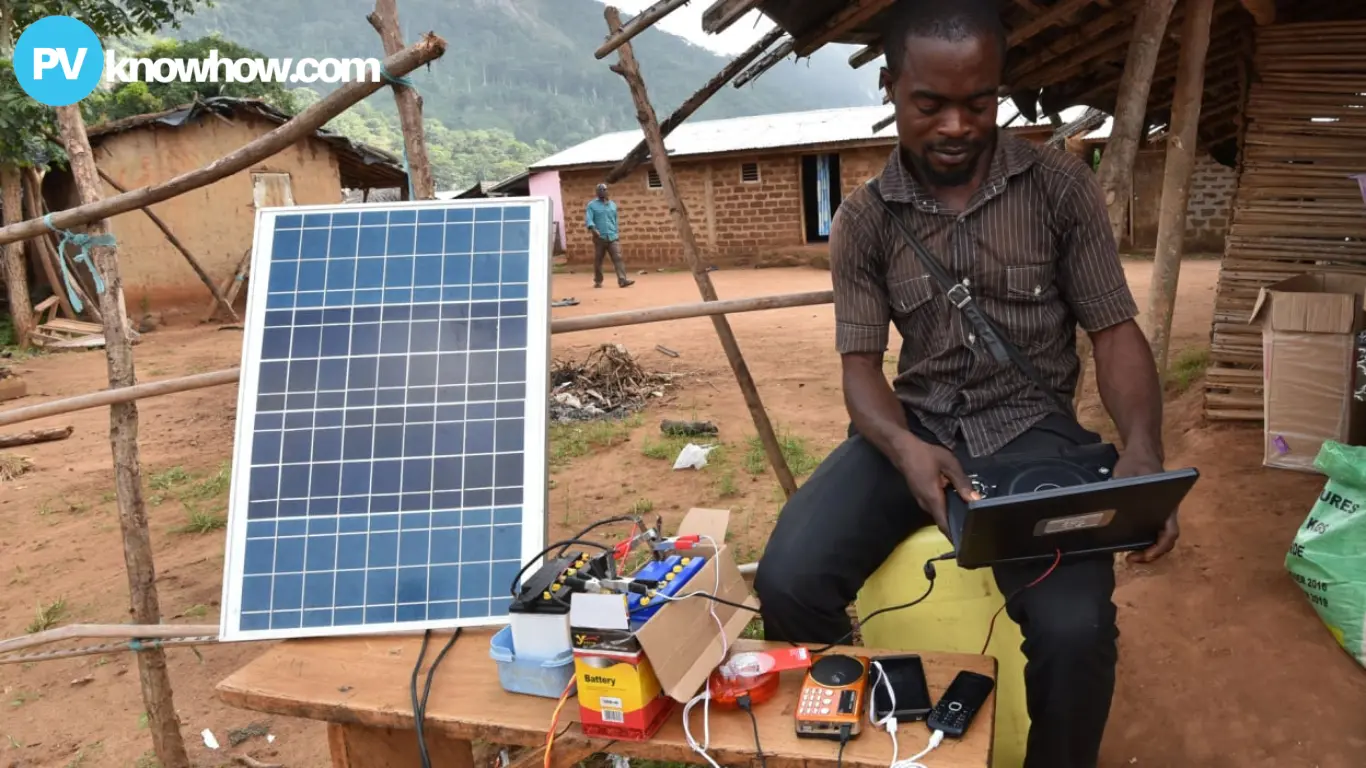Africa's substantial solar resources offer a solution to the widespread electricity access issue affecting 600 million people, yet the continent currently installs a minimal portion of global solar capacity.
Africa's Contribution to the World's Solar Capacity
600 million people in Africa lack access to electricity, making it a serious problem. Nevertheless, the continent possesses a wealth of solar resources that might help with the issue. Africa now only contributes a small portion of the world's solar capacity.
A panel discussion at Enlit Africa in Cape Town highlighted the need to increase solar installations in the continent. It was noted that solar energy's capacity to improve lives, spur economic expansion, and create jobs was essential to the continent's development.
Rethabile Melamu, CEO of SAPVIA, pointed out that of the 550GW of solar capacity installed worldwide in 2023, only 5GW was installed in Africa.
Wido Schnabel, from Canadian Solar, emphasized that solar energy is a democratic power source ideal for Africa. He highlighted South Africa's progress in reducing solar costs and improving technology through the REIPPP program, achieving grid parity in 2014. Schnabel noted that not using solar on available rooftops is a financial waste and that the sector's growth has significantly impacted society, enabling widespread embedded generation.
Solar Potentials in Africa

Image: Collected
Melamu shared how small-scale solar PV deployments have transformed disadvantaged communities by providing long-needed electricity access, allowing families to power appliances and charge phones. Schnabel proposed an ambitious plan to install one million modular solar roofs in South African townships, making solar energy more accessible and impactful, especially with the aid of subsidies.
Schnabel also stressed the significant job creation potential in the solar sector, contrasting Europe's workforce shortages with Africa's unemployed, trained population. He highlighted the enormous opportunity for employment in the region, driven by the expansion of solar energy infrastructure.
Discussions on maximizing Africa’s solar resources emphasize the critical need to modernize grid infrastructure. Ralf Blumenthal, head of Siemens grid software for the Middle East and Africa, stressed grids' importance, noting that about 7000GW of renewable energy globally is idle due to inadequate grid access.
Harnessing the Potentials
Blumenthal urged a tenfold increase in Africa's renewable energy capacity by 2030, emphasizing the need for rapid and significant changes. He highlighted challenges, including integrating new technologies like microgrids and energy storage, complicating grid management and shifting dynamics.
To tackle these challenges, Blumenthal called for efficient grid planning and advanced software to integrate more photovoltaic (PV) systems. He also emphasized effective interconnection among Africa's grids to enhance energy distribution and reliability, crucial for harnessing the continent's vast solar potential and ensuring sustainable energy growth.
The panelists unanimously agreed on the importance of solar energy for a swift and inclusive energy transition, while also highlighting the significant potential of hybrid projects. Schnabel cited a Rethink X model showing South Africa could achieve a fully renewable energy grid with 80GW of solar, 50GW of wind, and 30GW of storage, eliminating coal and nuclear power.
Oya Solar Project: A Model for Others
Harris discussed the Oya project, which includes 155MW of solar power, 86.4MW of wind, and 242MWh of battery storage, making it Africa's largest hybrid renewable energy installation. This project demonstrates the potential for dispatchable baseload renewable power. The panellists stressed the need for agile government policies to provide stability and encourage investment in renewable energy to foster more initiatives like Oya.
Yunus Hoosen from the South African Department of Trade and Industry highlighted regulatory changes driving the solar revolution in South Africa, including lifting caps on private sector generation and enabling energy trading. He stressed the importance of industrialization to create value during the energy transition, suggesting Africa can achieve this by processing its minerals and forming intracontinental partnerships, thereby promoting economic growth.
The discussions at Enlit Africa underscored the pressing necessity of harnessing Africa's solar potential to combat electricity access issues. Despite abundant resources, Africa's contribution to global solar capacity remains minimal. However, with ambitious proposals and strategic investments, Africa has the opportunity to lead in sustainable energy growth, driving economic prosperity and societal well-being through the adoption of solar energy.
